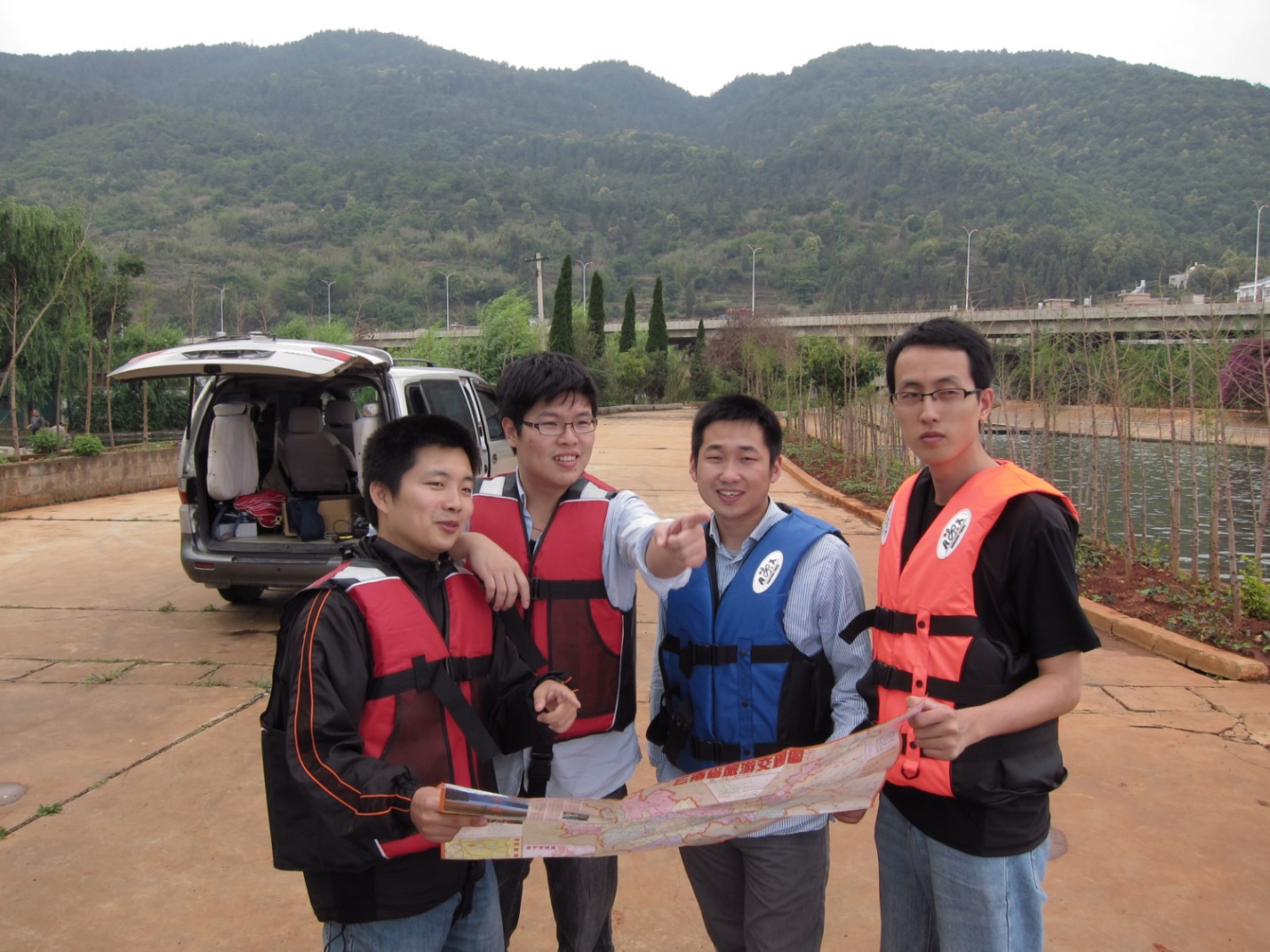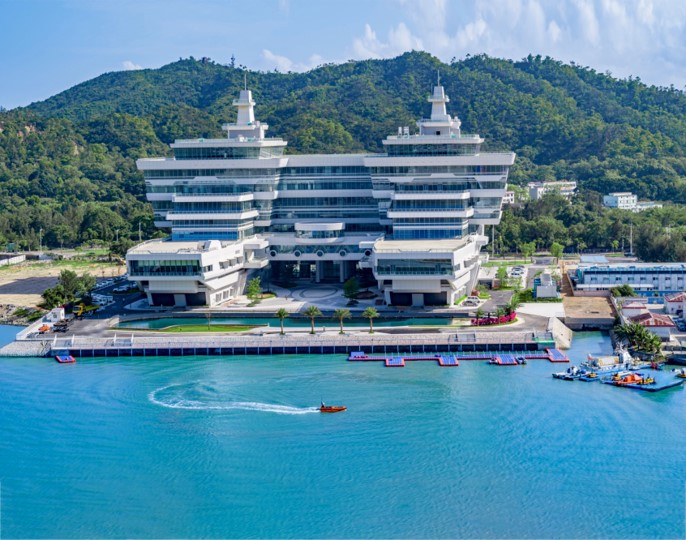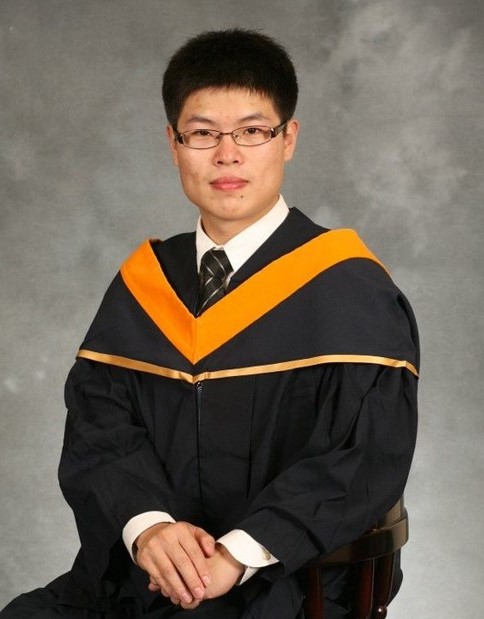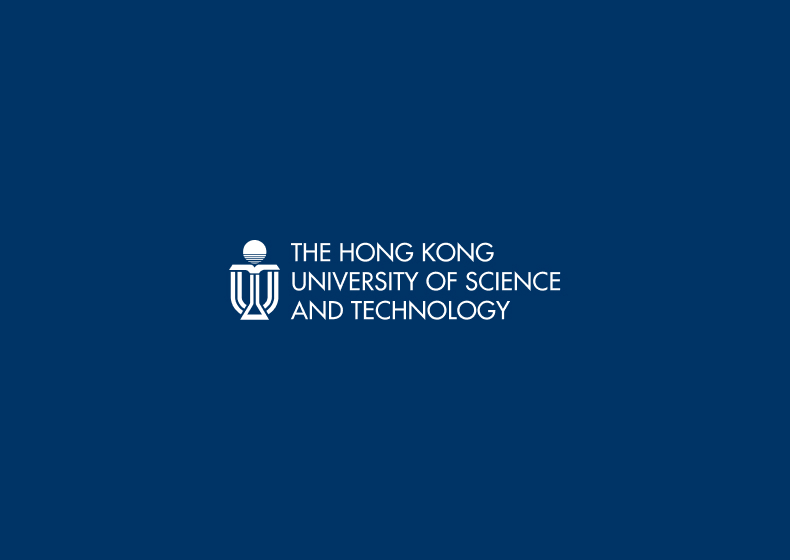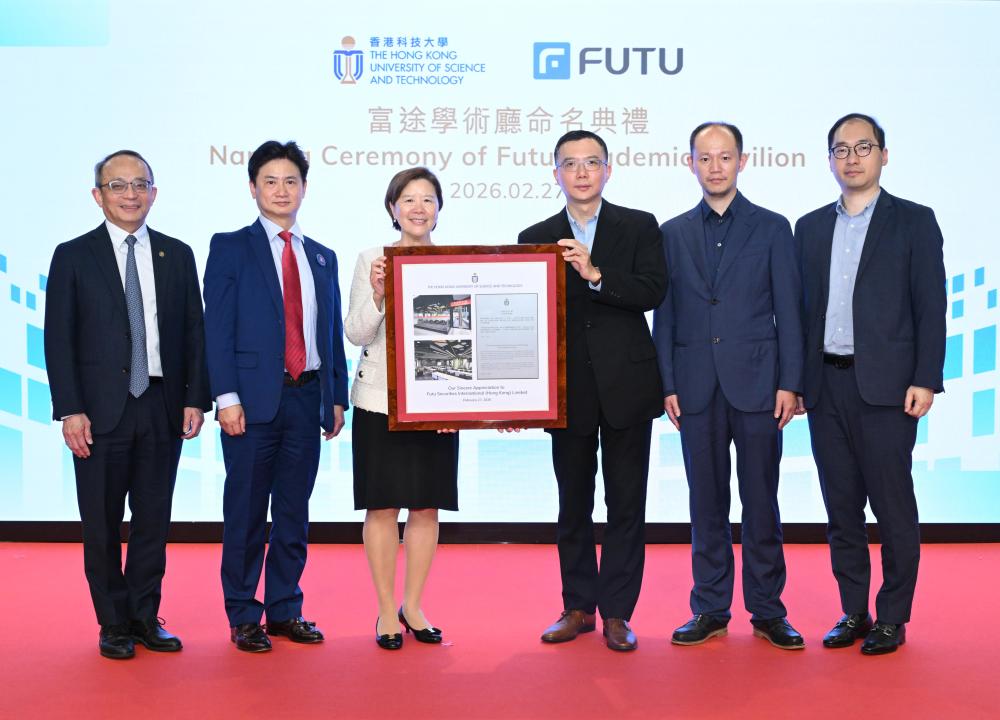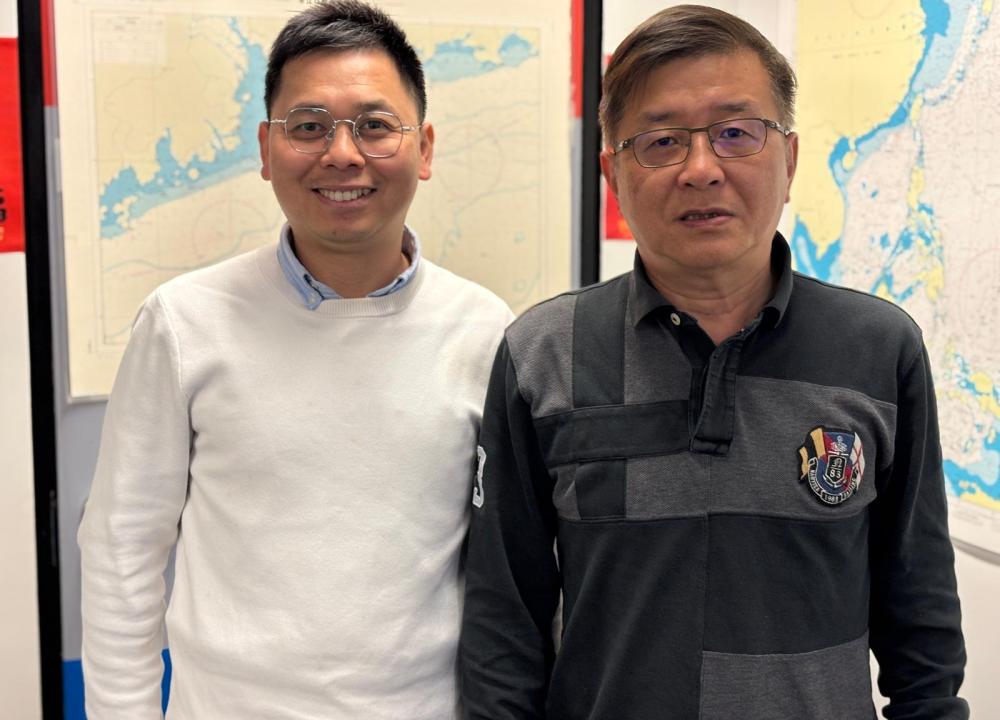ZHANG Yunfei: The Resilient Navigator of Unmanned Voyage
The Founder and President of Yunzhou-Tech tells the story of how he turned his hobby into a unicorn startup focusing on unmanned surface vehicles.
The achievements of new inventions came from long journeys of exploration, from research and development to market recognition, that not many people would notice. ZHANG Yunfei, Founder and President of Zhuhai Yunzhou Intelligence Technology Ltd. (Yunzhou), the world-leading unmanned ship corporation, had little clue his interest would shape the unicorn enterprise Yunzhou is today when he first started the business a decade ago. His entrepreneurial journey offers precious lessons for aspiring young entrepreneurs.
Zhang Yunfei loved boats as a child. With some help from his father, he made his first ship model when he was a primary-school pupil. He joined aircraft model and technology interest groups in middle school and would build model airplanes with classmates for competitions.
His passion for invention grew stronger with times. When pursuing a master’s degree at HKUST, Zhang and a group of like-minded fellow students decided to create something more advanced than model airplanes. After countless battles of ideas, their first unmanned boat set sail from Clear Water Bay.
The unmanned boat was converted from a model airplane, fitted with sensors and instruments for sampling water quality.
"We simply wanted to apply what we learned, trying to use unmanned boats to detect water quality parameters, without much forethought,” he says.
His team has since participated in many entrepreneurship competitions and won some of them. As the concept and technology of unmanned ships began to be recognized, he and his team flirted with the idea of entrepreneurship and gradually became more clued up on business concepts, such as product performance, market positioning and market demand.
They soon realized a product without market will only limit its functions and scale.
"More than a decade ago, there was no information on unmanned ships in the market, let alone demand. No direct users, no supply chain, no industrial chain. There was nothing," he says.
The team felt they should not rush into starting a business, and instead they should study the market carefully.
In 2009, the team travelled to more than ten Chinese provinces, municipalities, and regions, including Yunnan, Sichuan, Guangxi, Jiangsu, Zhejiang, Hunan, and Beijing, where water pollution were serious, to study the use of unmanned ships for monitoring water quality and clean-up. They contacted the local environmental protection department, and spoke to environmental experts to examine market demand, product functionality and capacity. After a year of exploration, they determined the opportunity was a solid one.
"We saw that China's water quality monitoring and treatment methods were relatively lagging due to the lack of manpower and equipment. Unmanned ships can fill the void with their great advantages in cleaning rivers, sampling monitoring, and pollution source investigation," he says.
Now that the opportunities were clear, the next step was to step up product research and development to be the best in the field. In 2010, the team set up Yunzhou, China's first unmanned boat company, officially developing the new market.
However, only after setting up the company did they start to realize that they would have to work through nitty-gritty problems that were really taxing them.
"In the early days, there was no professional management team and clear division of labor. Employees often performed multiple jobs, like marketing, research, and even managed finances," he says.
At that time, they had little clue what financing was. The team used the prize money won in a competition and their self-raised funds to gather more than 4 million yuan for daily operations. But for a technology start-up with a heavy research and development investment, that was a drop in the bucket. The lukewarm market response and pressure prompted some team members to leave the firm.
Zhang and the remaining team continued to hone their research and development and took part in competitions to maximize product exposure.
A turning point came in 2013 when the team's research won the highest-level scientific research competition in Mainland China - the China Innovation and Entrepreneurship Competition. He took advantage of the new status to obtain financing for Yunzhou and even sold the company's first unmanned ship.
Yunzhou seized the momentum and actively promoted the use of unmanned boats in water environmental protection, ocean surveys, and water accident rescue. Their products have since played important roles in the Tianjin Port explosion, leakage accident in a Gansu mine, and water pollution in Xixia County in Henan, performing rescue, pollution source investigation and treatment. The success stories brought Yunzhou rising popularity, extending their business reach to more than 30 countries and regions around the world.
When asked about the future development direction of unmanned ships, Zhang is convinced that water operations will begin to benefit from artificial intelligence. Yunzhou is developing the Intelligent Mobile Ocean Stereo Observing System, which integrates drones, unmanned ships, and submersibles to monitor the ocean in a larger range with lower cost and improved efficiency.
Looking at the industry’s future, Zhang has a comprehensive vision. "The industry is still in its early stages, so there is much room for us to make the pie bigger. This year we will launch a platform strategy to make our technology accessible, and deepen cooperation and integration with the industry,” he adds that more resources will be invested to help the industry establish professional standards and regulations.
After ten years of entrepreneurship, what does he think is the key to success? "I can't tell. I am fully committed when I do things and I put a lot of pressure on myself, but I can also quickly find ways to release the pressure. I often say that there is nothing that a midnight snack can’t fix. I don’t regret on anything as Yunzhou’s development has been smooth,” he says.
For young people aspiring to start a business, his word of advice is to develop a “T-shaped” thinking.
"By vertically, one has to delve into the professional field diligently. By horizontally, I mean the understanding of different fields, such as market and finance. You can't succeed with a narrow focus on your own professional field," he says.
Zhang started his unmanned ship business while still studying for a doctoral program at HKUST. Reminiscing about the years at the University, what he enjoyed most was the learning and research environment.
"HKUST gives us maximum freedom and a dynamic learning and growth environment. Most laboratories are open to students and at the same time they are well managed,” he says. He welcomes HKUST students to explore career opportunities at Yunzhou to help the unmanned ship industry grow.
In the future, he plans to provide practical opportunities and funding to students and scholars to cultivate the next generation of scientific research talents in unmanned ships, while actively promoting learning and exchanges among young people in the Greater Bay Area, he says.
Zhang recently shared his entrepreneurship experience and insights at the HKUST Fireside Chat held by the School of Engineering. Watch the webinar here:










